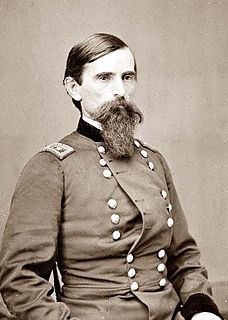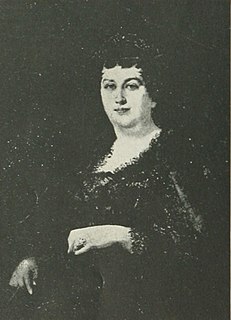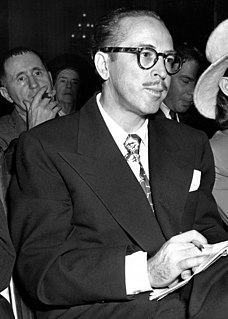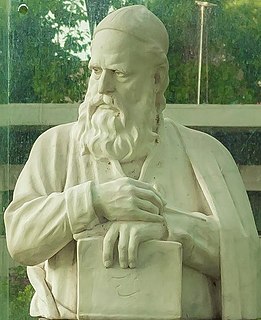A Quote by Horace
Marble statues, engraved with public inscriptions, by which the life and soul return after death to noble leaders.
Related Quotes
What is of the nature of spirit and soul must be gleaned from facts belonging to the spirit and soul; we shall then know that in the living thinking which is liberated from the will, a life-germ has been discerned which passes through the gate of death, goes through the spiritual world after death, and afterwards returns again to earthly life.
It seems to me that one ought to rejoice in the fact of death-- ought to decide, indeed, to earn one's death by confronting with passion the conundrum of life. One is responsible to life: It is the small beacon in that terrifying darkness from which we come and to which we shall return. One must negotiate this passage as nobly as possible, for the sake of those who are coming after us.
Leaders select noble objectives and pursue them with such intensity that others join them. ... The greatest of all leaders from this perspective was Jesus Christ. ....May your choices be so powerful and magnetic that you'll draw people toward life (Duet. 30:19, ...therefore choose life.-) rather than death, blessing rather than cursing.
We are left with nothing but death, the irreducible fact of our own mortality. Death after a long illness we can accept with resignation. Even accidental death we can ascribe to fate. But for a man to die of no apparent cause, for a man to die simply because he is a man, brings us so close to the invisible boundary between life and death that we no longer know which side we are on. Life becomes death, and it is as if this death has owned this life all along. Death without warning. Which is to say: life stops. And it can stop at any moment.
Every piece of marble has a statue in it waiting to be released by a person of sufficient skill to chip away the unnecessary parts. Just as the sculptor is to the marble, so is education to the soul. It releases it. For only educated people are free people. You cannot create a statue by smashing the marble with a hammer, and you cannot by the force of arms release the spirit or the soul of people.





































